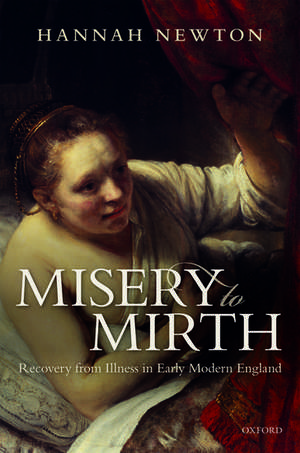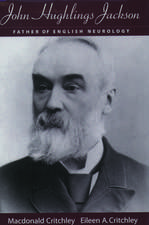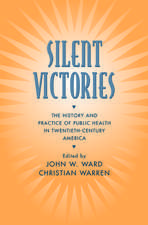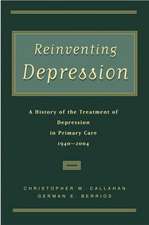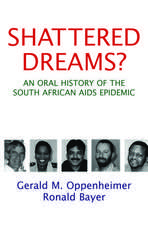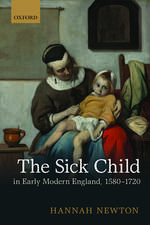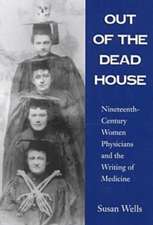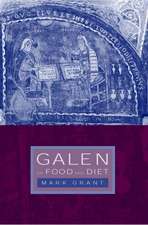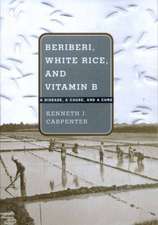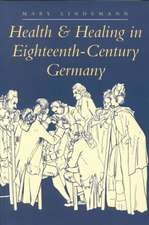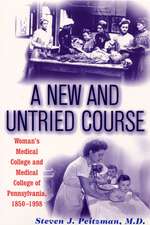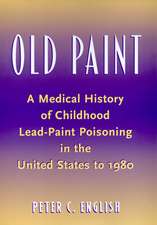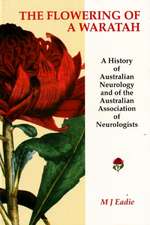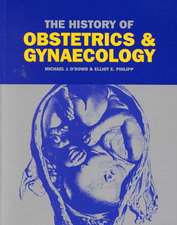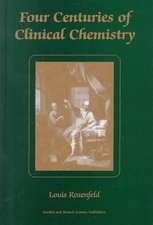Misery to Mirth: Recovery from Illness in Early Modern England
Autor Hannah Newtonen Limba Engleză Hardback – 21 iun 2018
Preț: 628.08 lei
Preț vechi: 820.42 lei
-23% Nou
Puncte Express: 942
Preț estimativ în valută:
120.20€ • 130.52$ • 100.97£
120.20€ • 130.52$ • 100.97£
Carte tipărită la comandă
Livrare economică 12-18 aprilie
Preluare comenzi: 021 569.72.76
Specificații
ISBN-13: 9780198779025
ISBN-10: 019877902X
Pagini: 288
Ilustrații: black and white figures/illustrations
Dimensiuni: 164 x 242 x 22 mm
Greutate: 0.59 kg
Editura: OUP OXFORD
Colecția OUP Oxford
Locul publicării:Oxford, United Kingdom
ISBN-10: 019877902X
Pagini: 288
Ilustrații: black and white figures/illustrations
Dimensiuni: 164 x 242 x 22 mm
Greutate: 0.59 kg
Editura: OUP OXFORD
Colecția OUP Oxford
Locul publicării:Oxford, United Kingdom
Recenzii
Hannah Newton addresses a topic that has attracted remarkably little attention...the importance of Newton's analysis lies above all in her nuanced account of what was to some degree specific to the early modern period...It is this kind of fine-grained analysis...of the richness and details of an experience that most historians have largely ignored and that most early moderns would have gone through at least some points in their lives, which makes Misery to Mirth a highly welcome contribution to the field.
Newton brings to her impressive array of primary sources, and her keen eye for language. Particularly useful are the summaries provided at the end of each chapter, and Newton is to be congratulated on an outstanding index which offers incredibly comprehensive coverage.
here is an eager, industrious and deeply perceptive historian, at loose in a field where her confidence is outstanding and her story is wholly convincing ... No book has taken on board with such ferocious conviction, as she does, the infant history of the emotions, which must surely now join the established conceptual apparatus with which we explore the social world of the European past ... A massive and unyielding research effort, told almost entirely from primary manuscript and printed sources, lays the foundation of her argument ... There is a new star in the firmament of English social history. Newton could not be a more appropriate recipient of large-scale funding by the Wellcome Trust. Everything points to the enormous promise that she has shown in her two first books, The Sick Child (2012) and Misery to Mirth.
Newton brings to her impressive array of primary sources, and her keen eye for language. Particularly useful are the summaries provided at the end of each chapter, and Newton is to be congratulated on an outstanding index which offers incredibly comprehensive coverage.
here is an eager, industrious and deeply perceptive historian, at loose in a field where her confidence is outstanding and her story is wholly convincing ... No book has taken on board with such ferocious conviction, as she does, the infant history of the emotions, which must surely now join the established conceptual apparatus with which we explore the social world of the European past ... A massive and unyielding research effort, told almost entirely from primary manuscript and printed sources, lays the foundation of her argument ... There is a new star in the firmament of English social history. Newton could not be a more appropriate recipient of large-scale funding by the Wellcome Trust. Everything points to the enormous promise that she has shown in her two first books, The Sick Child (2012) and Misery to Mirth.
Notă biografică
Hannah Newton is a social and cultural historian of early modern England, specialising in the histories of medicine, emotion, and childhood. Her first book, The Sick Child in Early Modern England (OUP, 2012), won the European Association for the History of Medicine and Health Book Prize in 2015 . In 2011-2014, Hannah undertook a Wellcome Trust Fellowship at the University of Cambridge where she researched the present monograph, Misery to Mirth: Recovery from Illness in Early Modern England. Hannah is now a Wellcome University Award Holder at Reading University, where she is investigating the sights, sounds, smells, tastes, and tactile sensations of the early modern sickchamber.
